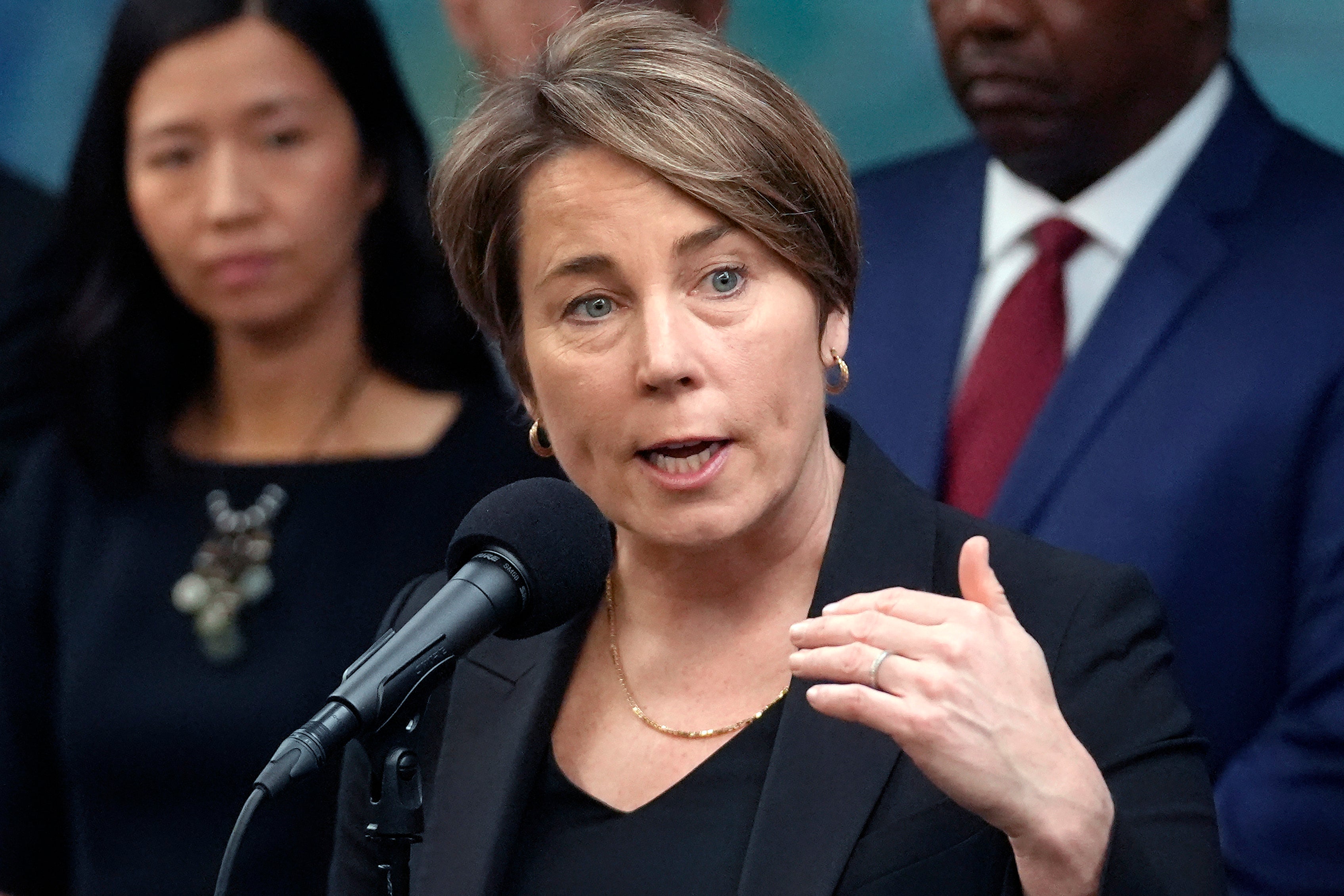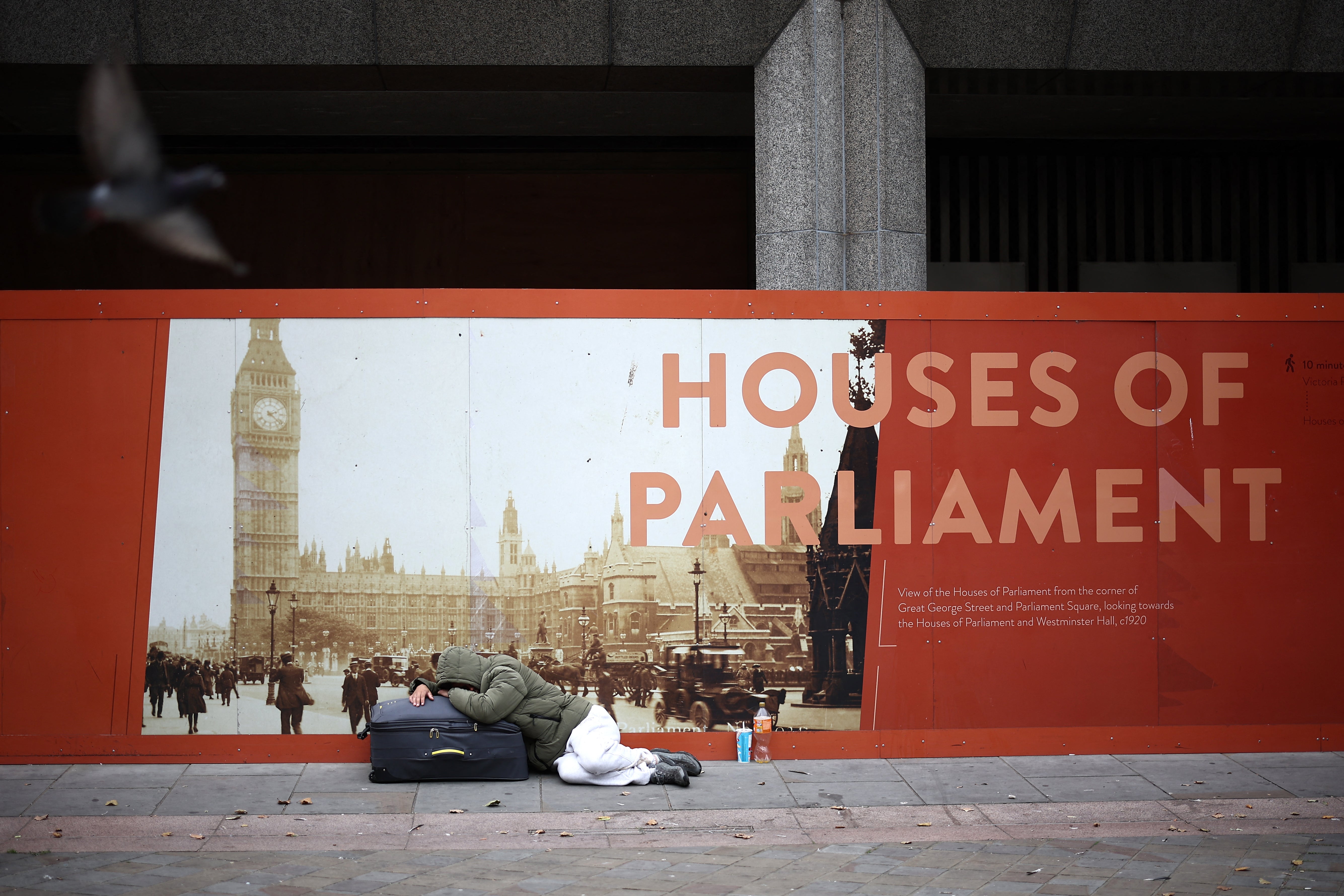The governor of Massachusetts on Wednesday proposed that at least one member of a family staying in emergency shelters be in the country legally, hardening her stance at a time when concerns are being raised about the safety at the facilties. Democratic Gov. Maura Healey also is looking to strengthening background checks for anyone staying at the shelter by disclosing criminal convictions in the state and elsewhere. Her proposal would require applicants to verify their identity, residency, and status before being housed. Currently, shelter applicants are allowed to be housed before providing any documentation. It would also limit those qualifying due to evictions to the state, not anywhere in the country.
"I believe these changes are appropriate and needed to ensure the long-term sustainability of the state shelter system in a way that aligns with the original intent of the law,” Healey said in a statement. “In addition, these proposed changes will allow us to continue to ensure the safety of our system, support cities and towns in addressing the needs of unhoused families in their communities and put us on the path toward a more fiscally sustainable shelter system.”.
The governor’s proposal must be passed by the legislature. The state's shelter system for homeless families has been overwhelmed by a surge in migrant arrivals since 2023. Similar challenges have emerged in New York, Chicago and Denver, leading to an increase in homelessness.
Last year, Healey announced that families not prioritized for placement in emergency assistance shelters would be eligible to stay at overflow sites for just five days. Healey said she was tightening restrictions on emergency assistance system eligibility because of the system’s “continuing capacity constraints” and the need to protect its financial sustainability.






















